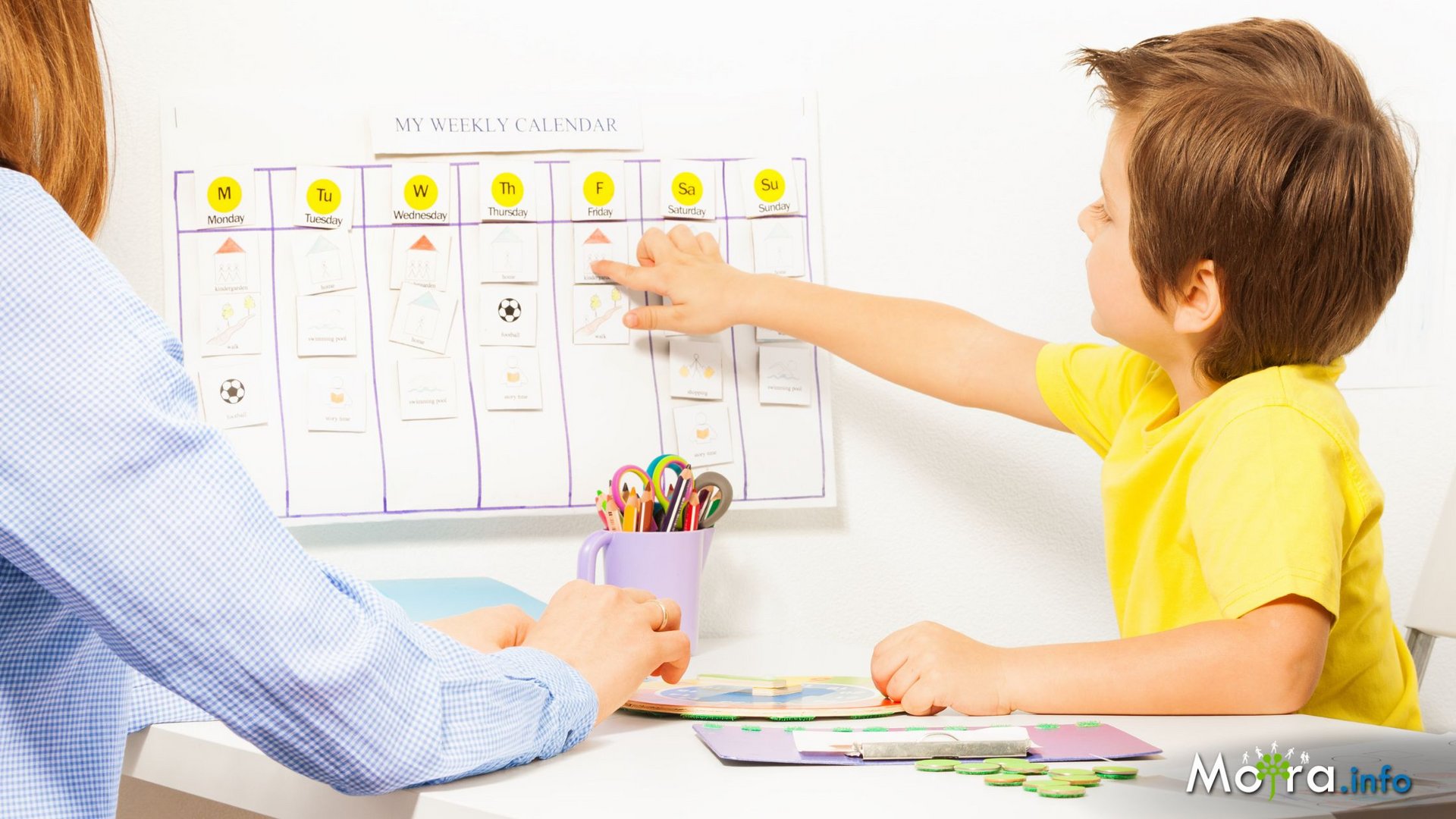A national mental
health monitoring of children in the Czech Republic, conducted by Matěj Kučera
from the Institute of Mental Health, has revealed shocking findings. It shows
that up to 40% of ninth-grade students in primary schools display signs of
moderate to severe depression, and 30% of ninth-graders experience anxiety
issues. I work as a school psychologist, and I interact with children.
Unfortunately, ninth-grade students, in particular, are not willing to talk
about their feelings and problems. When I compare boys and girls, I've noticed
that girls are more willing to discuss their emotions, but this isn't always
the case. Some girls are very withdrawn and don't even interact with their
peers.
"The most common issue I encounter in my practice is
children engaging in self-harm. Unfortunately, I've come across self-harming
thoughts or attempts in a fourth-grade student, but typically, it involves
older children, mostly girls, around the sixth grade and above in primary
school."
Why do children harm themselves in such a cruel way?
The
reasons vary, whether it's issues with classmates, bullying, problems with
parents, heartbreak, and so on. All girls, and even boys, who struggle with
self-harming tendencies primarily have issues related to their relationship
with themselves.
Where can we seek the causes
of children's low self-esteem that lead to self-harm?
There
can be multiple reasons why children have low self-esteem, negative self-image,
and a general lack of self-love, causing them to harm themselves. However, it
always comes down to relational matters. Some children say that they didn't
receive enough parental love during their childhood, that their parents, and
often even teachers, told them they were stupid. Children automatically accept
these labels because they haven't yet developed critical thinking and the
ability to rationally evaluate and filter the labels we send their way. When we tell a child they are dumb, they
believe us. When we tell them they are smart, they believe us.
The
mental well-being of children is also significantly influenced by their
friendships. Adolescents need to be a part of a peer group, to belong
somewhere. In exchange for being part of this peer group, they are willing to
do things they might not otherwise do, especially boys. This includes trying
cigarettes (both traditional and electronic, which don't leave a strong smell
and are harder for parents to detect), consuming energy drinks, and in some
adolescent groups, even experimenting with alcohol and drugs, which
unfortunately are relatively easy to access nowadays. In some groups, they also
experiment with other drugs, such as marijuana, which is legal in some states,
but few inform children that it doesn't bring momentary relaxation to everyone
and can trigger psychosis in some users. When I worked in a psychiatric
facility, we had a young patient in his twenties with schizophrenia triggered
by marijuana, which he claimed to have tried only twice in his life.
Schizophrenia is an incurable condition that will negatively affect him for the
rest of his life.
Compared to previous generations, our
children spend an enormous amount of time on social media, which is also not good for their
mental health. Sometimes, they share photos, such as those in swimsuits (at
best), for which they may later feel embarrassed in front of classmates and
parents. Besides social media, children, sometimes as young as elementary or
preschool, spend a lot of time playing mobile games or on computers, which is
also detrimental to their mental health. Playing on a computer is more
appealing to them than playing with peers because it provides them with more
adrenaline and excitement.
"Some girls have started harming themselves due to bad
relationships in the class and problems with their best friends."
The
factors mentioned above personally seem to be the riskiest for children's
mental well-being, although there may be more. When these issues are discussed,
children admit that the physical pain from self-harm provides relief from the
psychological pain caused by problems in close relationships.
A very serious issue we've
been dealing with at school lately is eating disorders.
Some
children refuse to eat because they feel they're overweight, and the root of
this belief often stems from an insignificant comment made by a family member,
which the child took personally. Some children transition from self-harm to
eating disorders because they see it as a better alternative to avoid having
unpleasant scars. Both self-harm and eating disorders share the common aspect
that a child is harming their own body, indicating that they don't have
self-love, are unhappy with their bodies, and generally unsatisfied with
themselves. Often, these children feel like nobody understands them, nobody
cares about them, and that it doesn't really matter whether they exist or not.
What can we do for our
children?
To
reverse this critical state of our children's mental health, it's essential for
us as parents, teachers, and adults to express to them that they are important
to us and that we care about them. We need to help them develop their inner
potential, so they can pursue what they enjoy and where they can thrive. It's
crucial from a young age to support children's self-esteem and self-confidence,
make them aware of how exceptional and significant they are, and reinforce
healthy self-esteem and self-respect. We
need to show them who they truly are and that their self-worth doesn't depend
on what a classmate or someone offering, for instance, drugs might say, but
that they know who they are inside. It's also important to teach children
healthy assertiveness so that later, when someone asks them to do something
they don't identify with, they can say NO.
"Children need to have goals, aspirations, and plans
they want to achieve in life. Let's allow them and encourage them to accomplish
their goals and experience success, even if they're not perfect."
Author: Mgr. Jitka Kneslová,
psychologist at the online counseling MOJRA



























Enter your comment.